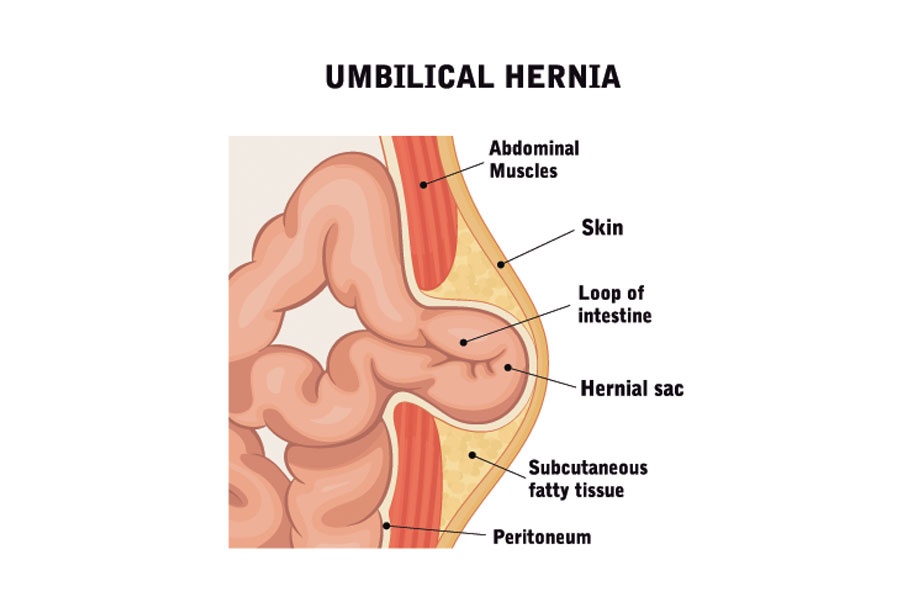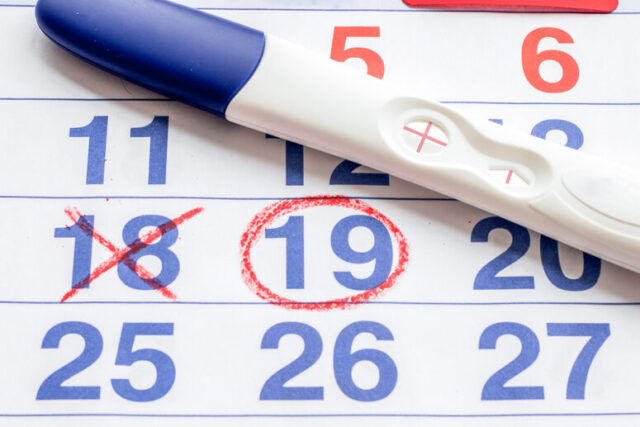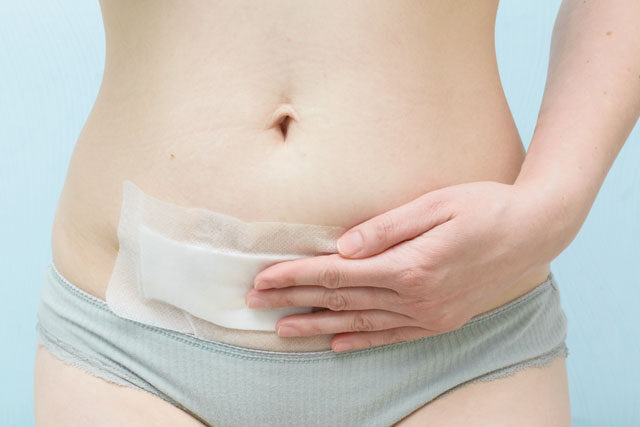There is no precise statistic regarding how many women develop hernia while expecting a baby. However, we know for sure that this condition is not uncommon and may affect pregnant women of all ages. Hernia refers to the protrusion of the internal organs or fat tissues through the weakened spot in the abdominal muscles. In simple words, it’s a hole in the abdominal wall through which the intestines can stick out.
While this may sound terrifying and painful, many expecting mothers go through their pregnancies while having a hernia with no discomfort or complications. Anyway, things don’t always go that way. Today we are going to take an in-depth look into why you may get a hernia, what types of hernias are there, and some other details that may come in handy during pregnancy.
Are All Hernias the Same? Types to Know
When it comes to hernias diagnosed during pregnancy, they can fall into three categories, with some being more frequent than others. Let’s see what they are.
- Umbilical hernia. Umbilical hernias during pregnancy tend to be the most common. Their reported incidence is 0.08%. As the name suggests, this type of hernia breaks behind the belly button. They are considered the safest of all types as they rarely let the intestines protrude. Instead, the internal abdominal fat usually sticks out.
- Periumbilical hernia is the name for a hernia defect that appears in the areas surrounding the belly button. Its typical cause is weakened muscles. Such hernias tend to be larger in size than umbilical ones. Usually, they are clearly visible and manifest with pain.
- Inguinal hernias are really rare among women, but they do happen sometimes. These defects affect the groin area, where the muscles stretch most of all, and the pressure on them is the most intense.
The manifestations you may experience, as well as the causes of hernia, significantly depend on what type of it you have.
What Causes Hernia? Who Is at Risk?
The primary cause for hernia is the growing pressure on your abdomen, which increases as your pregnancy progresses. And while the growing baby increases the load in all pregnant individuals, only some face this problem. Why? Doctors say that some categories are more prone to developing hernias during pregnancy. Here belong people
- with excessive body mass and obesity;
- pregnant with multiples (twins, triplets, and more);
- of older age;
- whose work, hobby, or daily routine involves lifting heavy objects;
- who have undergone abdominal surgery;
- suffering from chronic constipation;
- dealing with chronic cough or sneezing.
Also, your risk of developing a hernia during pregnancy is high if you have already had such a problem in the past.
How Do I Know I Have Hernia?
The truth is not all women actually experience any symptoms of hernia. In many cases, it goes unnoticed until the moment a healthcare professional detects it during a physical examination. Still, some women do experience bothersome symptoms, which make them seek medical attention. The typical symptoms include dull aching at the hernia sight and the presence of a hernia bulge when you lay down.
The bigger your gestation term gets, the more intense those manifestations may get. Additionally, the risks of complications grow. The most dangerous of them may require emergency surgery. We now speak about the condition known as strangulated hernia, which is the blockage of the blood supply to the areas of the intestines that are stuck and compressed by hernia. The symptoms of such a condition include but are not limited to
- the area getting red and tender;
- nausea and vomiting;
- acute pain that is getting worse;
- inability to pass gas and bowel movements.
Such symptoms signal an emergency, so you should contact your doctor right away if any of these occur.
Dealing with Hernia. How Can You Treat It?
The only effective way of hernia repair is surgery. Any abdominal surgery in expecting mothers is associated with certain risks of fetal loss. So if your hernia is not complicated with pain or discomfort, your healthcare provider is likely to suggest fixing it a few weeks after you deliver your baby. This is the best decision to make. First of all, it eliminates any risks for the baby. Secondly, the surgeon will be able to use steel mesh, instead of using sutures only. This significantly reduces the risk of relapse and is thought to be much more effective.
In situations where a hernia brings significant discomfort, a doctor may offer elective surgery. The chances of losing a baby in such cases significantly depend on the gestational term. The first trimester surgeries are associated with a high risk of miscarriage, while in the third trimester, elective surgery can trigger preterm birth.
Based on this, the best time for fixing a hernia is the second trimester, between weeks 16 and 24 of gestation. However, by saying “the best time” we don’t mean no risks. There is always a risk with such surgeries during pregnancy. Besides, the risk of hernia relapse further in this pregnancy is pretty high, so it’s unclear whether the potential benefit is worth the risk.
No matter the risks, in some cases women require emergency surgery for repairing the hernia. One of the possible reasons is a strangulated hernia. With such patients, it’s the question of life and death that doesn’t allow for waiting.
Other Options
Women planning to deliver via a C-section may have simultaneous hernia-repairing surgery. This is common practice among women who do not plan to expand their families anymore. The reason is the risk of relapse with the next pregnancy is very high.
If you have such a defect and are planning to start trying for a baby, please have your problem fixed before you get pregnant. This will prevent so many problems.
Bottom Line
Hernia during pregnancy is an unpleasant diagnosis, but if it goes with minimum symptoms and no risk of strangulation, you have nothing to worry about. This muscle wall defect doesn’t affect labor, so you can have a vaginal birth if you want.




